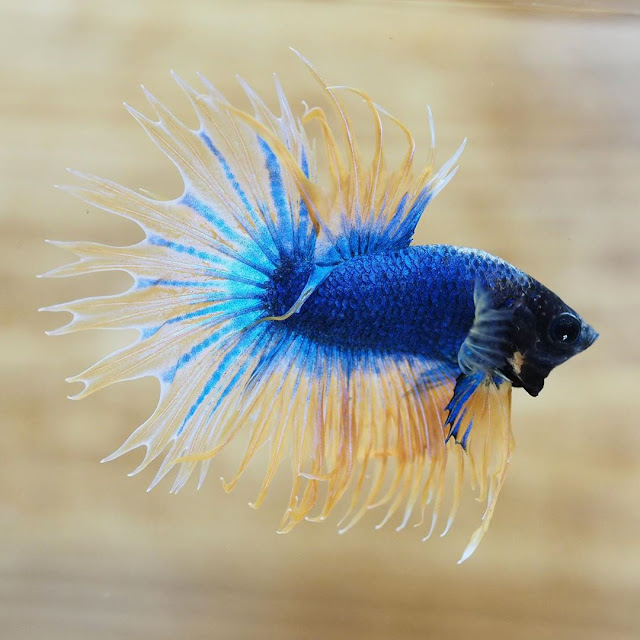Awesome Freshwater Algae Eaters in Aquariums: Green Swordtail
AwesomeFreshwater Algae Eaters in Aquariums: Green Swordtail – The Swordtail Xiphophorus hellerii is
very popular. It is but one of the prettiest aquariam fish and incredibly
robust. In the wild, it has an olive green body with sometimes brilliant and
yellow along the sides and red speckles on its fins. With this particular
coloration, it's most often known as the Green Swordtail or the Red Swordtail.
However, to the fantastic colors that make it so highly prized now, it has been
bred in captivity.
 |
Photo copyright from thejump.net
|
Awesome Freshwater Algae Eaters in Aquariums: Green Swordtail
The Swordtail comes in
many various colours with all the males being easily identified by their
signature sword like tail. The Swordtail is an incredibly hardy fish that could
adjust to a wide selection of water conditions. They are livebearers which means
that the baby fish come free swimming out. Please have a look at the breeding
livebearers page to learn more, if you're considering breeding them.
It's often considered to
be named for the "sword" shaped expansion of its tail fin, but the
Swordtail was actually named for the sword like look of the male's anal fin. As
the male fish matures, this specialized anal fin develops. The middle rays of
the anal fin are modified into a narrow copulatory organ.
Feeding
In the wild, swordtails
feed on a variety of invertebrates, insects, plant matter and alga, and are
omnivores. This diet ought to be replicated as strongly as possible in the home
aquarium and can be accomplished through feeding a number of foods. The
principal portion in their diet should contain a higher quality flake food,
also it will be nutritional supplements with live or frozen foods and blanched
vegetables.
Habitat: Distribution
The Green Swordtail
Xiphophorus hellerii was described by Heckel in 1848. They may be seen in North
and Central America, where they range from the Atlantic slopes of southern
Mexico (Rio Nantla, Veracruz) to northwestern Honduras. They are introduced to,
and become established in, a number of countries in southern Africa and along
the eastern shore of Australia.
Swordtail Character / Behaviour
The swordtail is a litte
fish that is tough. When there are larger fish in the tank, they are able to
take good care of themselves. The males may become aggressive.
Sexing
The male is also more
slender and has a "sword" formed anal fin called a gonopodium. The
female has a fan shaped anal fin, is rounder of body, and certainly will have a
spawning patch at breeding time.
There is an occasional
tendency to get a female Swordtail to change sex and develop a
"sword" on her tail, especially when old or changed by parasites. She
might even attempt courtship with a different female, though many the time they
may be infertile.
Maintenance
Pick of décor isn't
especially crucial though it has a tendency to look best in a heavily-planted
set-up using a substrate that is dark. Wild types also needs to suit an
aquarium ordered to resemble a running stream with water-worn rocks and little
boulders.
The inclusion of some
floating plants as well as driftwood roots or branches to diffuse the light
going into the tank also looks appreciated and adds a more natural feel.
Filtration does not need to be especially powerful though it can appear to
value a level of water movement.
Breeding
Like most other live
bearers, swordtails will normally breed by themselves without any intervention
from their owners. That is a common joke that to get swordtails to breed, just
add water – and this isn’t far from the truth.
Behaviour and Compatibility
In confined spaces
groups of males are inclined to form dominance hierarchies and might invest a
significant percentage of time maintaining their individual locations.


